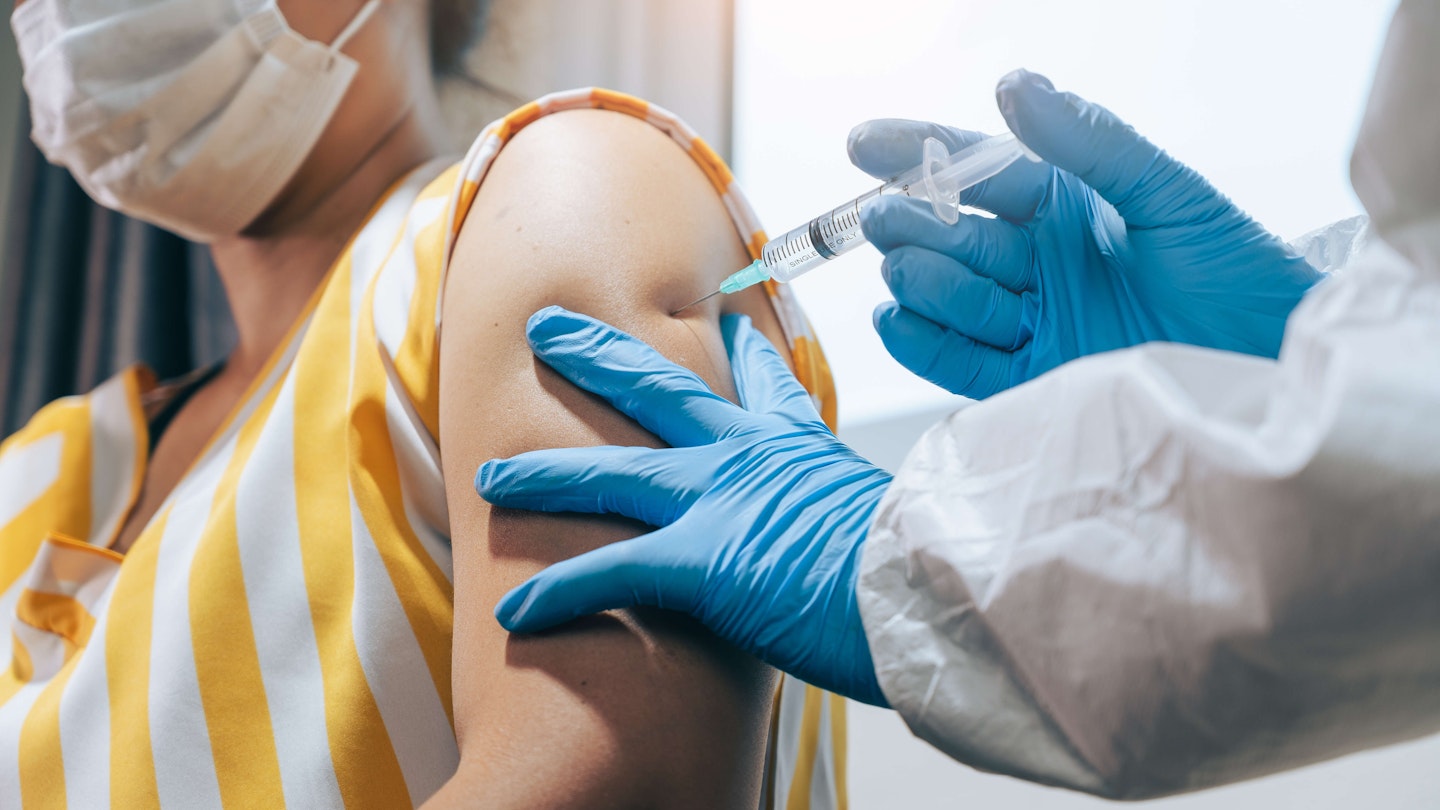Vaccine Tourism: Ethical Considerations and Public Health Implications
You may have heard of “vaccine tourism,” the practice of traveling to other countries to obtain a vaccine—particularly a COVID-19 vaccine—more easily. This practice is likely to do more harm than good in terms of pandemic management and public health.
Not long after the COVID-19 vaccine rollout began in the United States and globally, word started circulating about some individuals engaging in “vaccine tourism.”
Due to shortages in some areas, long waits for a vaccine for specific age groups, or lack of trust in authorized vaccines locally, many have considered traveling to regions with higher vaccine availability or different roll-out rules to get vaccinated.
Some agencies reportedly offered vaccine tourism “packages” to individuals eager to get vaccinated sooner.
The eagerness to receive the vaccine against SARS-CoV-2, the virus causing COVID-19, is understandable. Health experts assert that vaccines are crucial for bringing the COVID-19 pandemic to an end.
Moreover, the protection authorized vaccines offer against severe disease allows people to return to work, school, and leisure activities with greater confidence.
The Issue of Vaccine Inequity
Arthur Caplan, PhD, a leading bioethicist, highlights significant ethical concerns surrounding vaccine tourism. He notes that while the desire to be vaccinated during a pandemic is universal, seeking priority in another country often diverts resources from those who are in greater need.
The speed of vaccine roll-out varies significantly worldwide. While the U.S., Canada, and many European nations have procured sufficient doses to inoculate a large segment of their populations, numerous countries still struggle to obtain adequate vaccine supplies.
According to the World Health Organization (WHO), the majority of COVID-19 vaccines have been distributed in only a handful of high- and middle-income countries, leaving many with limited access.
This unequal distribution represents a pressing public health issue, as without a fair vaccination strategy, SARS-CoV-2 is likely to continue its spread globally.
Dr. Caplan emphasizes that obtaining vaccines in countries with limited supplies essentially moves individuals to the front of the line at the expense of others who may need it more.

An important aspect of vaccine tourism is that it often relies on the financial means to travel, further exacerbating inequities within communities. Dr. Caplan notes that this phenomenon disproportionately benefits individuals who are already financially secure, creating an unfair advantage over those unable to travel.
In a statement for media outlets, Ezekiel J. Emanuel, MD, PhD, also condemns vaccine tourism, emphasizing that it favors the affluent, undermining the fair allocation of vaccines.
Healthcare System Concerns
Moreover, those who engage in vaccine tourism may encounter complications, as the vaccination certificate from a foreign country may not be recognized in their home nation. Consequently, they may face challenges should they experience any side effects post-vaccination.
Dr. Caplan further points out potential risks involved in vaccine tourism, including complications related to health care systems in participants’ home countries that may not be equipped to handle side effects linked to foreign vaccinations.
Is it Ever Okay to Engage in Vaccine Tourism?
In certain exceptional situations, Dr. Caplan suggests that the negative effects of vaccine tourism on healthcare equity might be minimized. He posits that individuals must consider their actions in relation to the broader community.
Traveling to a country with adequate vaccine supplies where all citizens can be vaccinated may be justifiable; however, even such practices could still raise ethical questions regarding fairness and equity.
Therein lies the critical dilemma: obtaining a jab at the expense of those with greater needs could ultimately harm those already vulnerable to the virus.
How Long Until Vaccine Tourism Becomes Obsolete?
Dr. Caplan expresses a cautious optimism that vaccine tourism will fade, although he predicts that it may take several years for this practice to dissipate completely. The logistics of achieving equitable vaccine distribution worldwide remain exceedingly complex.
The efforts to eliminate vaccine tourism could mirror historical challenges faced in global health campaigns, as addressing issues related to vaccine availability, infrastructure, and trained personnel is paramount.
As the pursuit for an equitable COVID-19 vaccine rollout progresses, it is vital to resist the temptation of vaccine tourism in order to support public health worldwide.
For comprehensive information regarding COVID-19 and its impact on travel, consider exploring reputable health resources.




